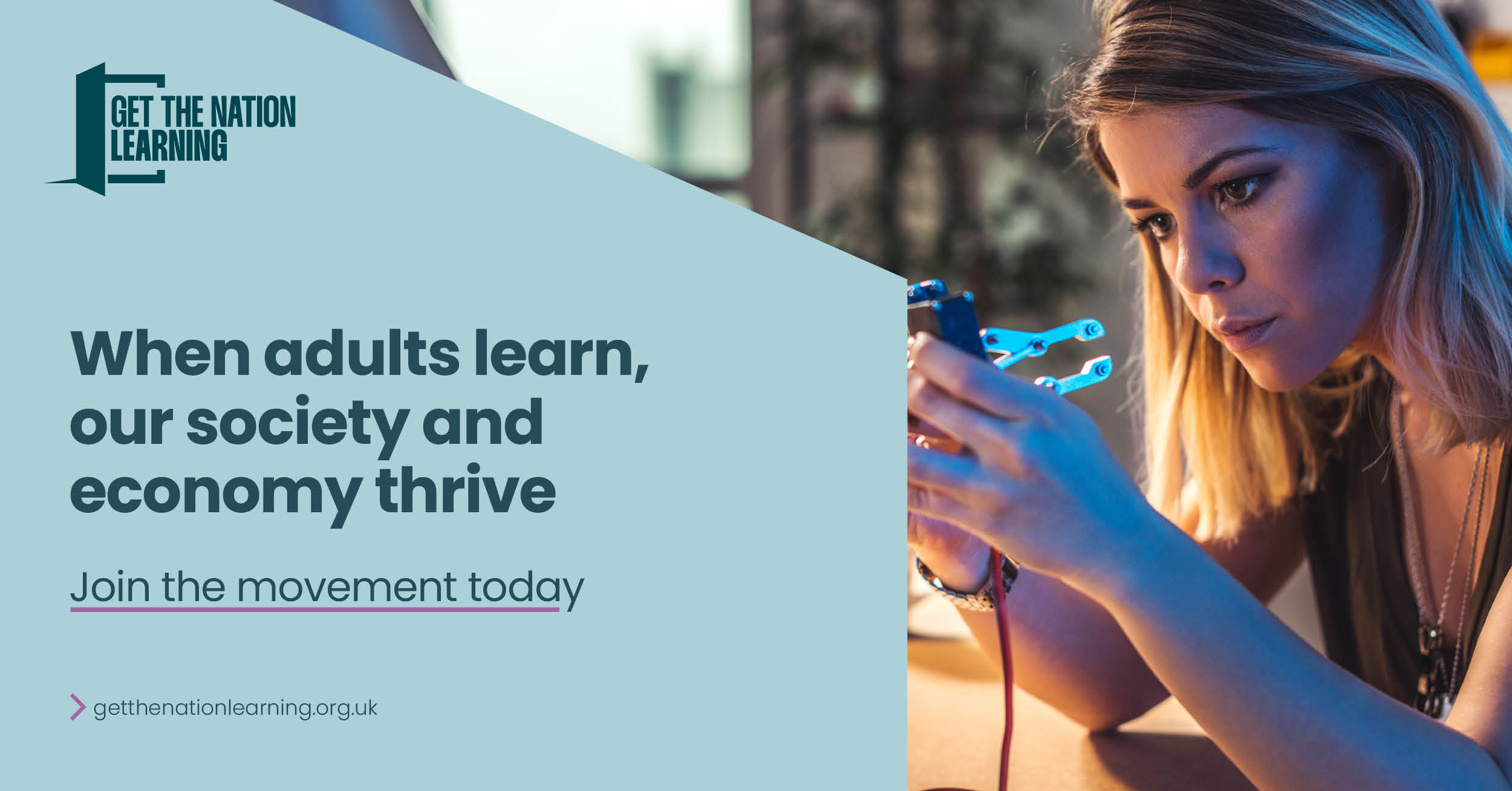Understanding and Preventing Burnout in Apprenticeship Programmes
Addressing burnout in apprentices is vital as they begin their professional journey

Introduction
As we all know, apprenticeship programmes have become a vital pathway for young people transitioning from education to employment. These programmes combine practical work experience with academic learning, which can be both rewarding and challenging. However, the pressures of balancing work and study can lead to burnout among apprentices. This blog explores how burnout manifests in apprentices and provides strategies for employers to prevent it.
But what exactly is burnout?
Burnout is a state of physical, emotional, and mental exhaustion caused by prolonged stress. It is characterised by feelings of energy depletion, increased mental distance from one’s job, and reduced professional efficacy. For apprentices, the dual pressures of meeting work demands and academic requirements can be overwhelming. Recognising the signs of burnout is the first step in addressing and preventing it.

Signs of Burnout in Apprentices
It can be very hard to spot exactly how burnout manifests itself (it's not always like the image above!) within your employees, as everyone experiences burnout differently — but here are some examples that you may see:
- Decreased Productivity and Performance: Struggling with tasks, missing deadlines, or producing lower-quality work.
- Chronic Fatigue: Persistent tiredness that does not improve with rest.
- Increased Absenteeism: Frequent absences or lateness.
- Emotional Exhaustion: Signs of irritability, anxiety, or depression.
- Lack of Motivation: A noticeable decline in enthusiasm and engagement.
- Physical Symptoms: Headaches, muscle tension, and other stress-related ailments.
- Isolation: Withdrawal from social interactions.
Causes of Burnout in Apprentices
Several factors contribute to burnout among apprentices:
- High Workload: Managing multiple responsibilities can lead to excessive stress.
- Poor Work-Life Balance: Demanding schedules leave little time for personal activities.
- Lack of Support: Insufficient guidance and mentorship.
- Unrealistic Expectations: Pressure to perform at high levels without adequate preparation.
- Inadequate Training: Struggling to meet expectations due to poor training.
- Job Insecurity: Concerns about job stability and future prospects.
A checklist of strategies for employers
As employers, you play a crucial role in preventing burnout among apprentices. Here’s a checklist of some ideas you can implement into your programmes, or, if you already do some of these — a checklist to revisit the strategies and see how they can be improved.
1. Promote a Healthy Work-Life Balance
Encourage apprentices to take regular breaks and avoid excessively long hours. Flexible scheduling can help them manage both work and academic commitments.
2. Provide Adequate Training and Resources
Ensure apprentices receive comprehensive training and have access to necessary resources, reducing the likelihood of feeling overwhelmed.
3. Offer Mentorship and Support
Pair apprentices with experienced mentors for guidance and support. Regular check-ins can help identify and address issues early.
4. Set Realistic Expectations
Set achievable goals and provide manageable workloads, allowing apprentices to develop gradually.
5. Encourage Open Communication
Foster an environment where apprentices feel comfortable discussing challenges and concerns.
6. Recognise and Reward Efforts
Acknowledging hard work and achievements can boost morale and motivation.
7. Provide Access to Wellbeing Resources
Offer wellness programmes, counselling services, and stress management workshops.
8. Monitor Workload and Stress Levels
Regularly assess workload and stress levels, adjusting responsibilities and providing additional support as needed.
9. Create a Positive Work Environment
Promote a positive and inclusive workplace culture, reducing stress and improving job satisfaction.

Case Studies of Successful Strategies
MTR Elizabeth Line
MTR Elizabeth Line has implemented several measures to support their apprentices, including increasing apprentice salaries to align with the London Living Wage and providing additional support through government incentive payments. This approach helps apprentices from disadvantaged backgrounds and ensures they have the necessary resources and support to succeed (GOV.UK).
Smith & Williamson
Smith & Williamson, a large accountancy firm, has utilised government incentives to enhance their apprenticeship program. They focus on providing quality mentoring and support for apprentices working from home, ensuring they continue to receive the necessary guidance and feedback despite the challenges posed by remote work (GOV.UK).
Vianet
Vianet, a digital technologies company, uses government incentives to support their growing workforce through apprenticeships. Their ‘grow within’ ethos ensures that apprenticeships are a pathway for existing employees to expand their knowledge and skills, contributing to the company's success while preventing burnout by providing structured learning and support (GOV.UK).
How Conveya Aids in Spotting Burnout
Our platform, Conveya, has several features that are useful in being able to recognise issues arising within apprentices so you can be proactive in providing solutions to improve their experience.
- Real-Time Monitoring: Conveya allows for real-time tracking of apprentices' progress and workload. This helps in identifying early signs of burnout, such as missed deadlines or declining performance.
- Communication Tools: The platform facilitates regular communication between apprentices and mentors, ensuring any issues can be promptly addressed.
- Feedback and Assessment: Conveya provides a structured way to give and receive feedback, helping apprentices understand their performance and areas for improvement.
If you’d like to see the platform in action and how it can help you spot issues — you can book a demo by clicking here.

In summary…
Burnout among apprentices can have serious implications for both individuals and organisations. Employers must take proactive steps to create a supportive and healthy work environment. By promoting a healthy work-life balance, providing adequate training, offering mentorship, setting realistic expectations, encouraging open communication, recognising efforts, and monitoring stress levels, employers can help prevent burnout and ensure their apprentices thrive.
Simultaneously, apprentices should practice good time management, take care of their physical health, seek support when needed, develop stress management techniques, and maintain a social life.
Platforms like Conveya can further aid in these efforts by providing tools to monitor and support apprentices effectively. Together, these efforts can lead to a more productive, engaged, and healthy workforce.

.png)


.png)